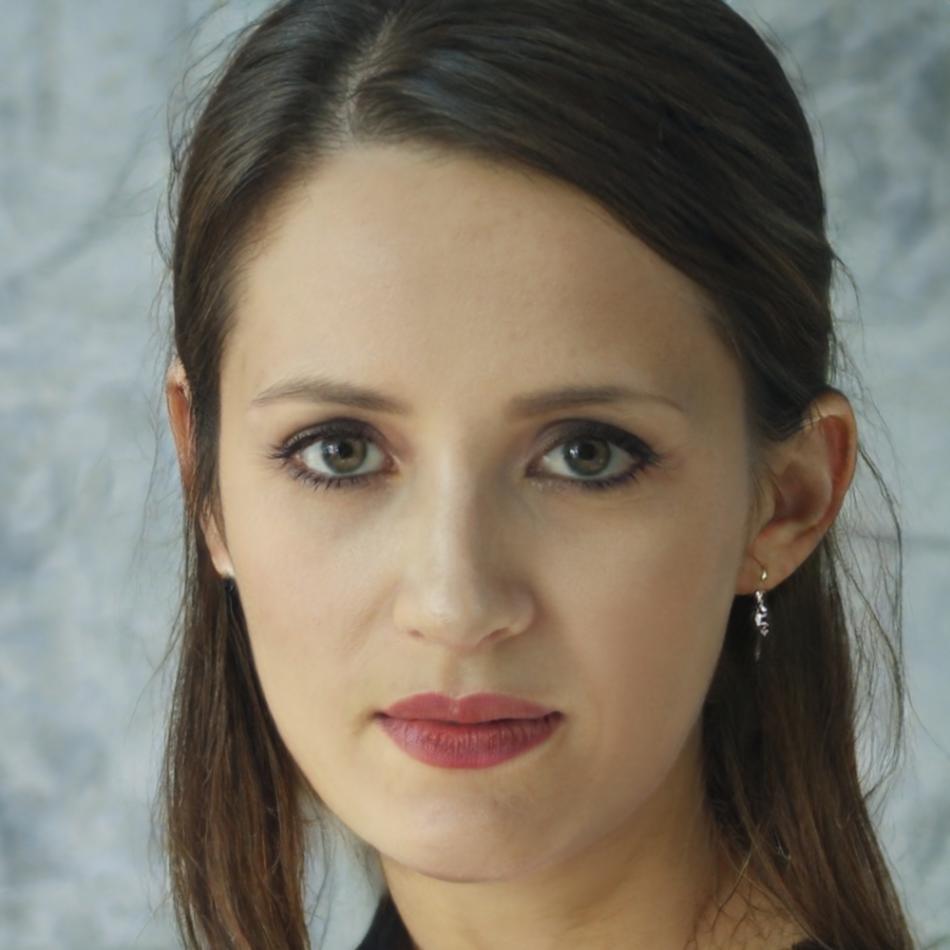Teaching Financial Clarity Through Real Scenarios
We started because too many professionals were building models without understanding the stories behind the numbers. Seven years later, we're still focused on that same problem.

Started in a Bangkok Co-Working Space
Back in 2018, I was consulting for mid-sized companies around Bangkok. The same issue kept coming up. Finance teams would build elaborate spreadsheets, but when market conditions shifted, their models fell apart. They'd built forecasts, not scenarios.
So we rented a small space in Pathum Wan and invited twenty finance professionals to spend a weekend learning a different approach. Instead of predicting the future, we taught them to map multiple possible futures and prepare for each one.
That first workshop turned into monthly sessions. By 2020, companies were sending entire teams. Now we run structured programs that help finance professionals think about uncertainty the way strategists do.
How We've Grown Since 2018
We've stayed small on purpose. Each year brought new challenges that shaped how we teach financial modeling.
First Workshop Series
Twenty participants, one weekend, and a focus on scenario thinking rather than single-path forecasting. We knew we'd hit something when people started asking for follow-up sessions.
Pandemic Proved Our Method
When everything shut down, companies that had learned scenario modeling adapted faster. We shifted our programs online and saw enrollment triple as organizations realized single forecasts weren't enough anymore.
Opened Permanent Training Center
Moved from co-working spaces to our own facility on Rama 6 Road. Added specialized workshops for different industries and started longer-term training programs.
Expanded to Regional Teams
Now working with finance teams across Southeast Asia. Our programs run quarterly, and we're launching specialized tracks for banking and manufacturing sectors in autumn 2025.
Who Teaches Your Programs
Our instructors spent years building financial models in actual business environments before they started teaching. They know what breaks under pressure because they've been there.

Rutger Vandenberg
Lead Financial Modeling InstructorSpent twelve years as a financial analyst for multinational corporations before getting frustrated with how often strategic plans ignored uncertainty. Now teaches finance teams to build models that account for multiple futures instead of betting on one forecast.

Imani Okafor
Strategic Finance EducatorWorked in corporate finance across three continents before moving to Bangkok in 2019. Specializes in teaching professionals how to communicate financial scenarios to non-finance executives. Believes the best models are useless if leadership can't understand them.
Where We're Headed Next
Financial modeling shouldn't be about predicting the future perfectly. It should be about preparing for multiple possible futures intelligently. That's what we've been teaching since 2018, and it's what we'll keep focusing on.
Starting in September 2025, we're launching industry-specific programs for banking and manufacturing sectors. These will be longer programs, running six months each, with smaller cohorts and more hands-on work with actual business scenarios.
We're also developing a mentorship component where past participants can continue working with our instructors on real modeling challenges they face in their jobs. Not a consulting service, but ongoing support for professionals applying what they've learned.
View Upcoming Programs